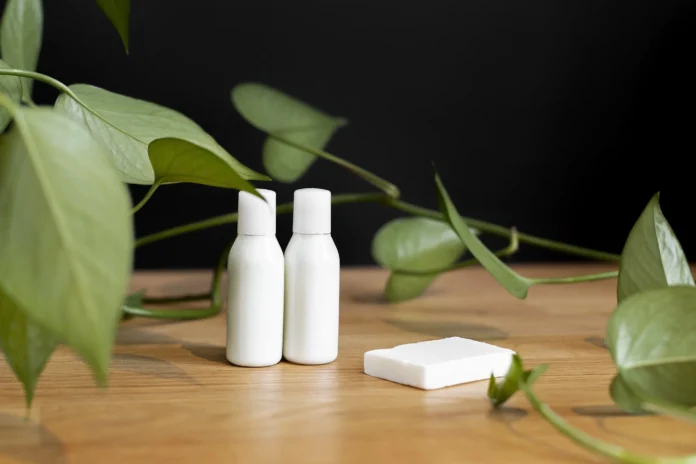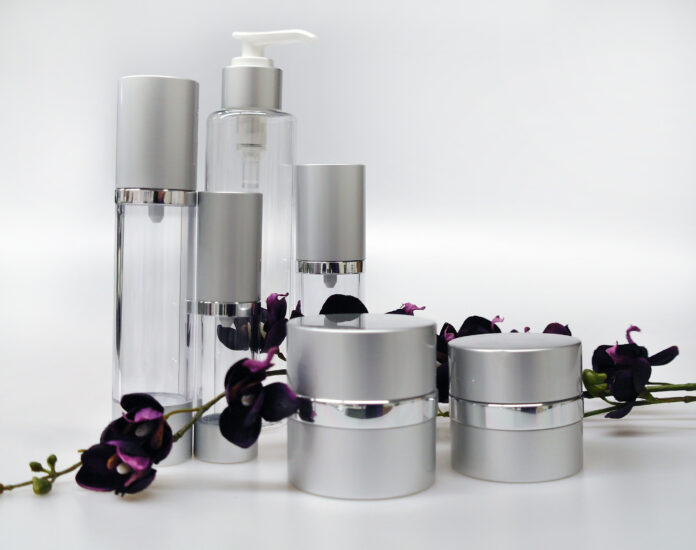
Table of Contents
Private labeling is a popular method for entrepreneurs looking to break into the beauty industry without the hassle of creating their products. Skincare is a particularly popular category for private labeling, as it is a growing market with a high demand for quality products. However, it’s important to avoid common mistakes when private labeling skin care products to ensure success. Here are the top mistakes to avoid when privately labeling skin care.
1. Not Researching Your Market

One of the biggest mistakes that entrepreneurs make when creating custom skin care products is not researching their market. It’s important to understand who your target audience is and what their needs and preferences are. This includes understanding what ingredients are popular, what packaging is appealing, and what price points are reasonable for custom skin care products. By conducting market research, you can gain valuable insights into your target audience and use that information to create custom skin care products that meet their needs and expectations. Taking the time to research your market will help you to create a successful custom skincare brand that resonates with your target audience and stands out in a crowded market.
Factors to Consider
When researching the market for private labeling skin care products, there are several factors to consider. First, it’s important to understand your target audience’s demographics, such as age, gender, and income level. This information will help you determine what types of products to offer and at what price points. You should also research consumer preferences for specific ingredients, packaging, and brands. Additionally, understanding the competition is critical to developing a successful product line. Look at their product offerings, pricing, and marketing strategies to identify gaps in the market. Finally, consider market trends and projections to ensure that your products will remain relevant and profitable in the long term.
2. Choosing Poor Quality Products

Another mistake is choosing poor quality products to private label. It’s important to choose high-quality ingredients and formulations to ensure that your customers are satisfied with the product. Look for suppliers who have a good reputation and who can provide you with samples to test the products before committing to a large order.
The Importance of Product Testing
Product testing is crucial for private labeling skin care products to ensure that they are safe, effective, and of high quality. It is important to conduct testing throughout the product development process, including raw materials, formulations, and finished products. Testing can identify potential safety issues, such as irritation or allergic reactions, and ensure that the product performs as intended. Additionally, testing can help identify areas for improvement, such as adjusting the formulation for better results or changing the packaging to improve the customer experience. Proper testing can also help build trust with customers and promote repeat business, leading to long-term success for your private labeling business.
3. Ignoring Regulations
Regulations are a crucial aspect of the beauty industry, and it’s important to follow them when privately labeling skin care products. This includes ensuring that your products are properly labeled with ingredients, warnings, and other required information. Failure to follow regulations can result in fines or even legal action.
4. Not Investing in Packaging

Packaging is a key aspect of any beauty product, and it’s important to invest in quality packaging for your private-label skin care products. This includes choosing packaging that is both functional and visually appealing. Packaging can help your products stand out on store shelves and online, and can also contribute to the overall customer experience.
5. Overpricing or Underpricing Your Products
Pricing is a delicate balance in the beauty industry, and it’s important to avoid overpricing or underpricing your private-label skin care products. Overpricing can make your products less competitive while underpricing can lead to low-profit margins. Research the market to determine reasonable price points for your products.
Consequences of Overpricing or Underpricing
Overpricing or underpricing private label skin care products can have negative consequences for your business. Overpricing can lead to lower sales and reduced demand, as customers may perceive your products as unaffordable or not worth the price. On the other hand, underpricing can negatively impact profit margins, making it difficult to maintain a sustainable business model. It can also reduce the perceived value of your products and make them appear lower quality than competing products. Therefore, it’s crucial to conduct market research and set competitive prices that reflect the quality of your products while remaining attractive to your target audience.
6. Neglecting Your Branding

Branding is another key aspect of private labeling skin care products. Neglecting your branding can make it difficult for customers to recognize your products and can also make it harder to build customer loyalty. Invest in branding efforts such as logo design, website design, and social media marketing to build a strong brand identity.
Elements of Branding
Brand identity is crucial when private labeling skin care products. Elements of branding include the company name, logo, packaging design, and marketing messaging. These elements should work together to create a cohesive and memorable brand that resonates with your target audience. A well-designed logo can help differentiate your products and make them easily recognizable to customers. The packaging design should reflect the product’s ingredients, benefits, and intended use while also aligning with the brand’s visual identity. Marketing messaging should communicate the brand’s values, benefits, and unique selling points to customers. A strong brand identity can build trust with customers, increase brand loyalty, and drive sales.
7. Failing to Test Your Products

Finally, it’s important to test your private-label skin care products thoroughly before releasing them to the market. This includes testing for safety, efficacy, and overall quality. This can help you identify any issues before they become larger problems, and can also help you make improvements to your products.
Types of Product Testing
Product testing is a crucial step when private labeling skin care products. There are several types of testing that can be conducted throughout the product development process. Safety testing includes patch testing, which assesses the risk of skin irritation or allergic reactions, and microbial testing, which ensures that the product is free of harmful bacteria. Efficacy testing determines whether the product performs as intended and delivers the promised benefits. Stability testing assesses the product’s shelf life and how it reacts to various conditions such as temperature and light exposure. These types of testing ensure that the product is safe, effective, and of high quality, which helps build customer trust and contributes to the success of your business.
Conclusion

In conclusion, private labeling skin care products can be a lucrative business venture, but it’s important to avoid common mistakes. By researching your market, choosing quality products, following regulations, investing in packaging, pricing your products correctly, building a strong brand identity, and testing your products thoroughly, you can increase your chances of success.
















